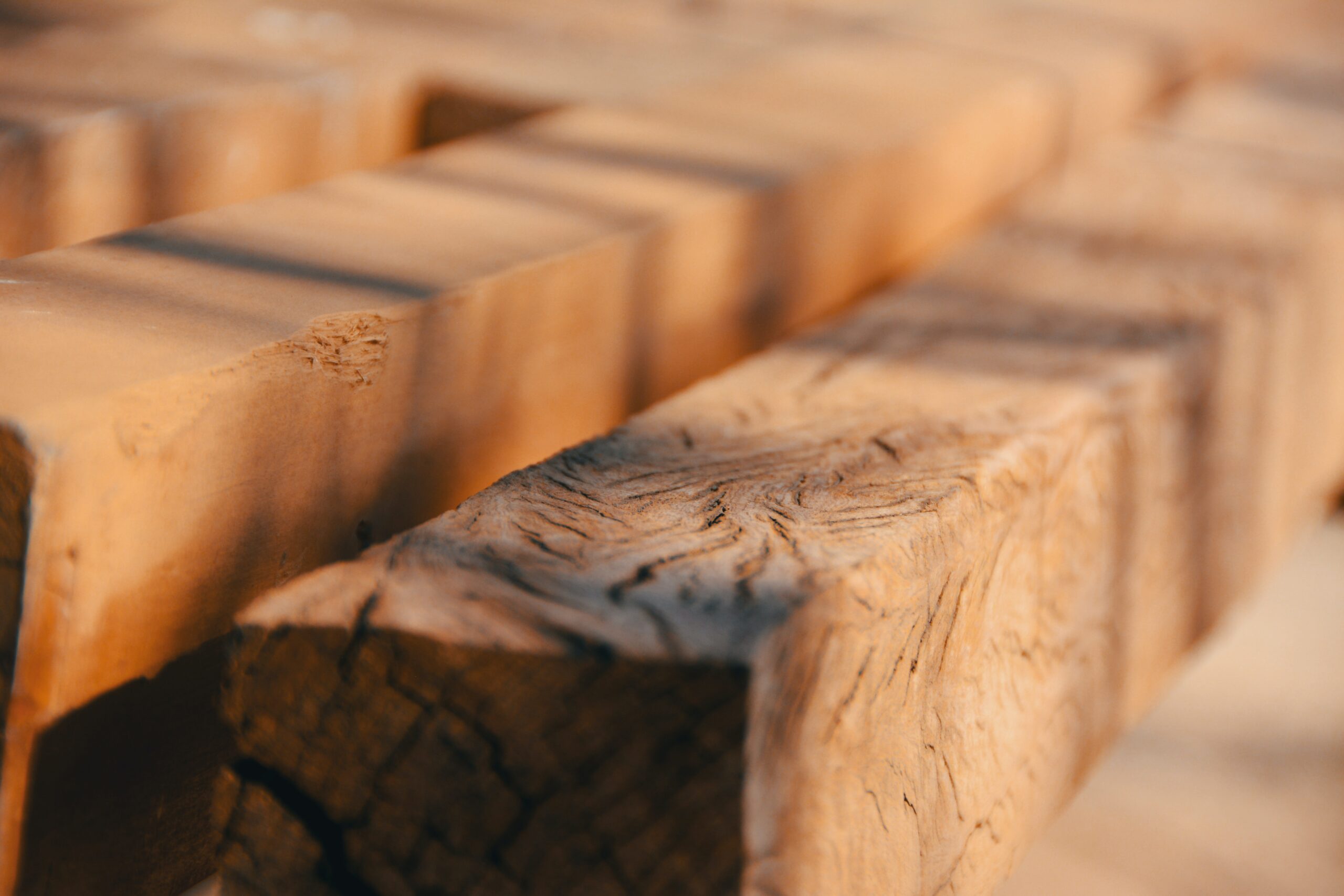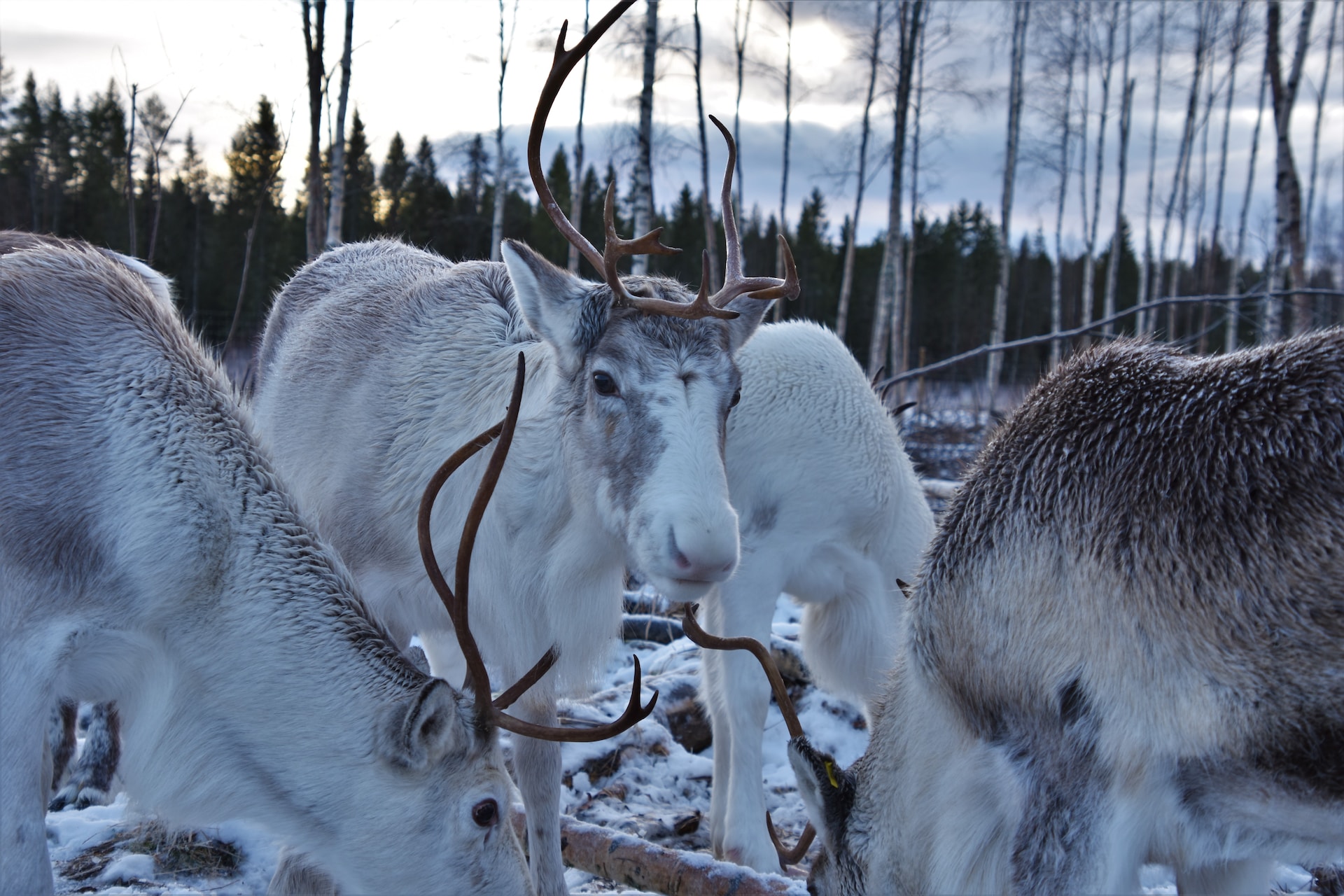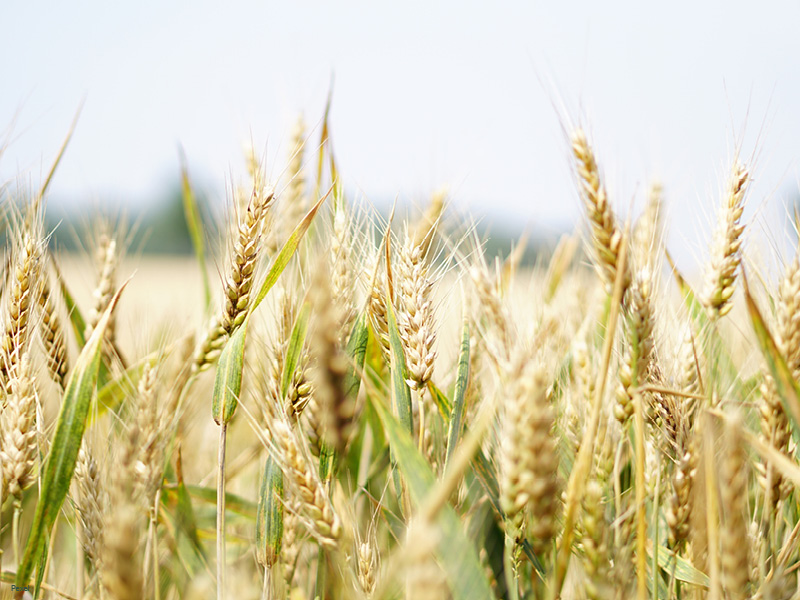More energy-efficient sawn-timber drying at sawmills

The drying of sawn timber requires a lot of energy and leads to quality losses, a limited production capacity, and high costs for equipment and personnel. For a long time, the industry has been improving the processes without achieving a breakthrough.
This project intends to create a basis for such a breakthrough in the drying process through world-leading measurement technology in combination with computer simulation and the modelling of the way drying affects the wood.
The project will develop drying processes in which the measurement and analytical methods will enable a better adaptation to the wood material and a reduced heat consumption through less need for ventilation while reducing electricity consumption by the fans through shorter process times.
The better adaptation of the process to the raw material will reduce timber damage and increase the yield of high-value timber. Shorter process times will increase production capacity in existing plants and reduce the use of biofuel.
Olov Karlsson
Luleå University of Technology (LTU)

olov.karlsson@ltu.se
Project information
Participants
LTU
SETRA Group AB
SCA Wood AB
Arbio AB
Skogsägarna Norra Skog
Time schedule
November 2022 - October 2025
Total cost of project
18 269 943 SEK
Swedish Energy Agency project number
2022-00566
More projects

Tree species experiment focused on biomass production – Growth, carbon sequestration and biodiveristy
Forestry can counteract an increase in greenhouse gases through its large capacity to store carbon and through the substitution of fossil fuels….
Manager: Nils Fahlvik
Ongoing

Management of young dense forests and harvesting of biomass for bioenergy while sustaining high biodiversity, social values and sustainability indexes
This project aims to The research objective is to study how thinning for many goals can be done in young dense stands…
Manager: Dan Bergström
Ongoing

Wood powder firing in directly heated grain dryers for increased resource efficiency and lower CO2-emissions
Wood powder fired grain dryers pose low risk to food safety In this project, a test dryer for grain has been developed…
Manager: Susanne Paulrud
Completed: 2023-03-10


